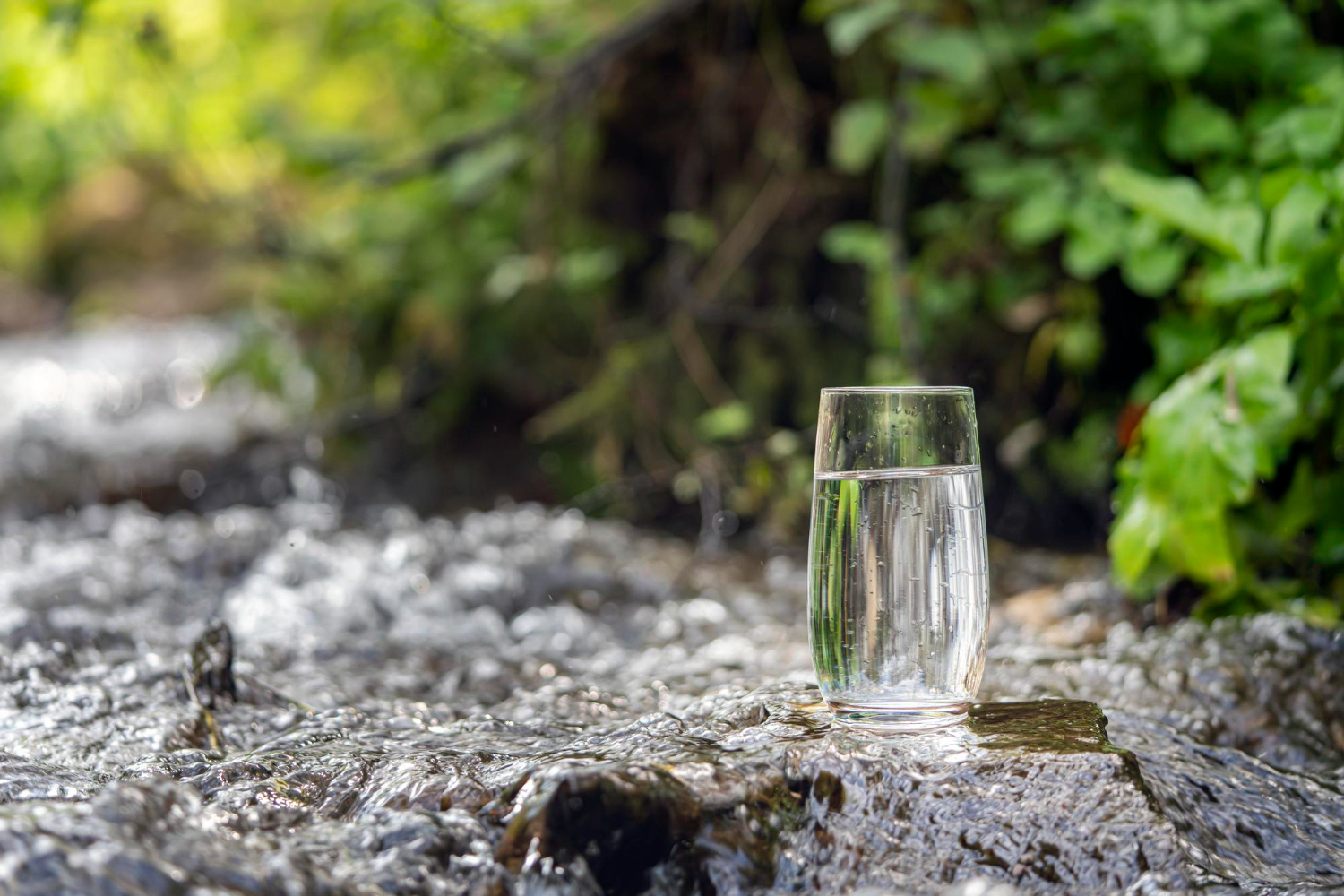
Understanding Hard & Soft Water - Brentwood, TN
What is Hard Water?
Water is considered "hard" when it has high levels of calcium and magnesium content. If these minerals are present in your tap water , you will get a white-yellowish substance forming in your plumbing system and on the appliances where it is passing. The best DYI removal of this substance is white vinegar, though the crust will still form after cleaning it up. These minerals will also react with soap molecules to form scum. The scum or the soap curd is mostly formed on bath drapes and will also leave a flick on glassware in the dishwasher. The disadvantages of having soap curd are that it reduces the availability of soap molecules on the water making one use more soap during cleaning. Also the cleanliness is not optimum, or perform as well as when used with soft water. More on hard water.
Measuring Hardness
Before you begin with a water softener installation in your home, test your tap water for hardness. One can use an inexpensive kit that is available at the hardware store and measure calcium and magnesium, pH level and bacteria content in the water. If the reading is 121 parts per million, then the water is hard. However, the reading can be below that, so another way of observing if your water is hard, as mentioned before, water is considered hard if a crust will form on the appliances like dishwashers or soap curd on showers.
If you are not able to perform the test yourself, we'd be happy to come out and properly assess the mineral content in your water. Call your local Brentwood Plumbing Company.
How Water Softeners Work
The chemistry behind this is the use of element charges (positive or negative), which are involved in the formation of molecules.
For instance, Hydrogen or Oxygen which forms water has opposite charges, and that is why they are combined to form water. The symbol of water is (H2O) meaning there are two atoms of Hydrogen and one molecule of Oxygen. In contrast, Calcium and Magnesium both contain positive charges. With this knowledge, the water softeners are made using negative attraction to grasp the positive atoms of these elements.
Therefore, this reaction leads to the formation of a network of a negatively-charged droplets where the water passes. A Sodium ion covers these droplets with a single positive charge making them displaced quickly by Calcium and Magnesium ions that have a double positive charge each. The sodium ions in water are replaced by Calcium and Magnesium ions that are on the beads. The softening process stops when there are no more Sodium ions on the beads to be exchanged. The droplets clean the salty water from the salt tanks. After the process in over, the mineral remains are taken down the trench whereas the droplets are supplied with more Sodium ions for the next day. More on this here.
Salt Alternatives
The amount of sodium in the softened water is too little to be considered as a health risk. Nonetheless, there are those who feel insecure with this amount of sodium and may wish to remove it from their water. The process of removing the little sodium content should be as per the doctor's prescriptions.
Some methods can be used at home to reduce this content. One, the kitchen sink should not be among the facilities that are served by loops from the heater. The other one is having a different source of water between the clean water and domestic use including cleaning and other purposes. To ensure that sodium does not compromise the water softening process, one can use potassium chloride agent instead of sodium agent.
It is very simple to change from the use of potassium chloride to salt or vice versa as the agent in water softeners. One does not need to modify the equipment that he/she is currently using. Therefore, one can comfortably use whichever pellets according to their preferences. The core purpose of doing so is to completely remove or reduce sodium ions from the tap water they are using. Nevertheless, one should note that potassium chloride pellets are expensive compared to salt pellets. It is not easy to get potassium chloride pellets bags though the major hardware may have them. See: Sodium-free water softeners
Scam to avoid
Some devices are designed to use magnetic power in water softening claiming that magnetic power can be used to remove the mineral ions from hard water. However, scientifically this has been proved wrong.
Visit Our Page on Home Water Filtration.



